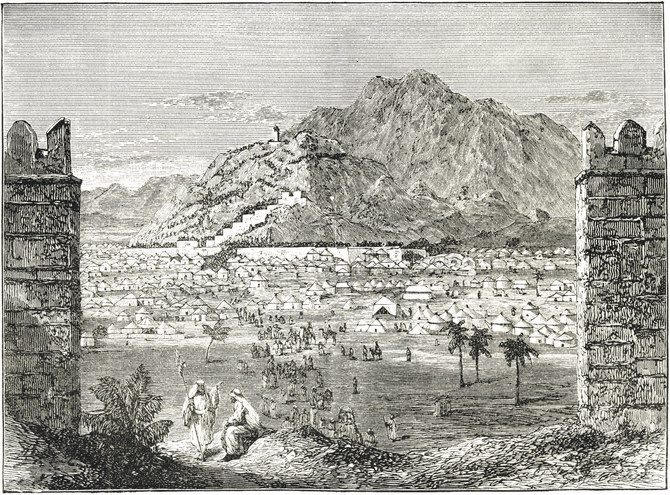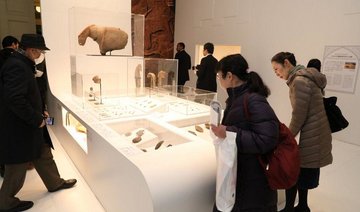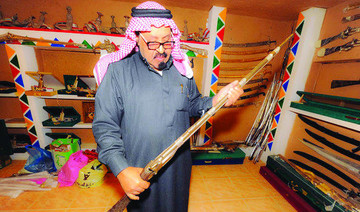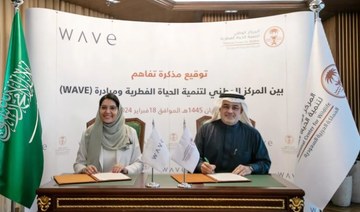JEDDAH: Arab and Islamic history is full of artists and poets whose works transcended time.
Like any literature, Arabic authorship was not born out of a void — it is the culmination of human experiences, emotions, knowledge and vision of the universe documented via poetry.
Poetry has enjoyed a celebrated position among Arabs, so its value goes beyond the documentary role of portraying an age. It makes preservation a duty toward younger generations, a role which the King Abdul Aziz Center for World Culture (Ithra) has taken on.
In collaboration with Saudi Aramco’s Al-Qafilah magazine, Ithra recently completed a year-long project to publish the “Al-Mu’allaqat for Millennials” book. This introduces the 10 timeless odes that represent the finest of early Arabic poetry produced in the pre-Islamic era to Arabic and English readers.
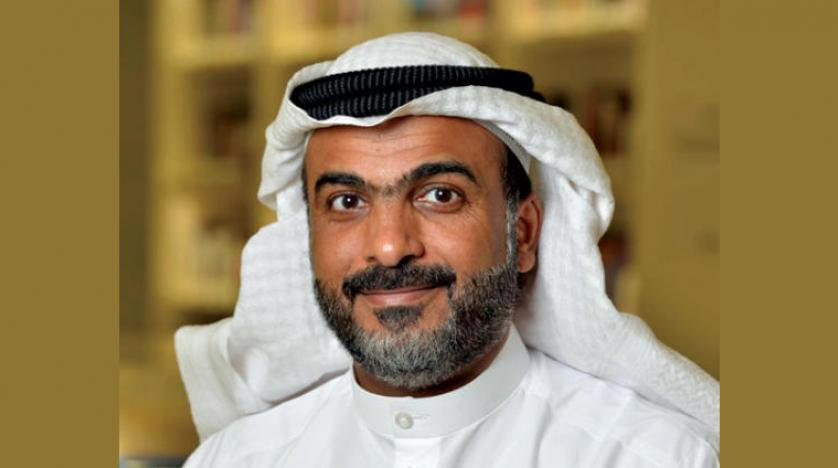
Tariq Khawaji
The book interprets poetry and its literary history, as well as providing introductions to poets’ lives and works in both Arabic and English. It was a joint effort of a team of nine Saudi and international scholars and experts in Arabic literature, poetry and translation.
“The decline of literature is actually the decline of a nation,” said the German poet and critic Goethe. As the linguistic and literary foundation of Arab-Islamic civilization, along with the Qur’an, to forget about Al-Mu’allaqat for Arabs is similar to abandoning Shakespeare for the English.
“We want it to reflect the beginning of a base of Arabic literature, as it portrays shared human characteristics. The goal of this project is to showcase essential literature on the same influential scale of works such as Shakespeare and Homer, in a modern way that can be enjoyed by all,” project manager and editor in chief of Al-Qafilah, Bander Al-Harbi, told Arab News.
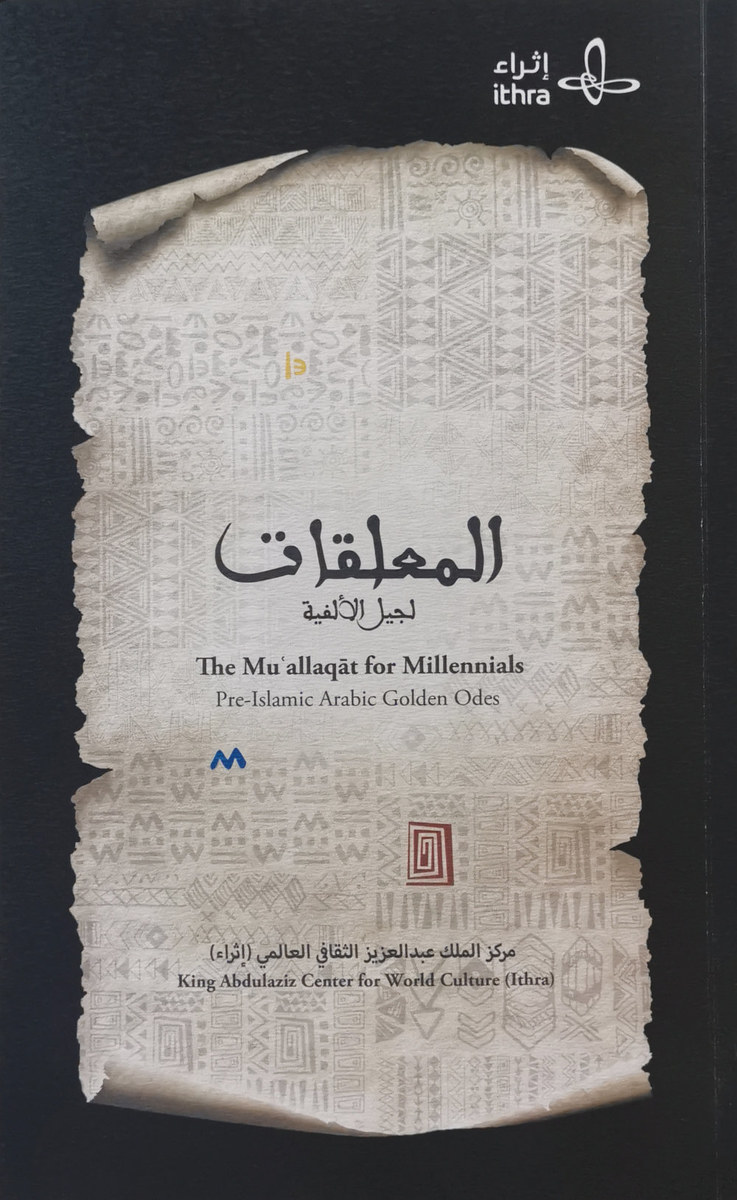
The 1,500-year-old poems are considered masterpieces of both Arabic and world literature, hence many books and translations had studied them over the past centuries. However, what distinguishes this project is its goal to educate new generations about the human, aesthetic and philosophical values of these ancient poems, and to share knowledge about their meaning and subject matter in a manner accessible to modern readers.
The 500-page book was published on Dec. 18 last year on International Arabic Language Day, an occasion marked by the UN. International scholars participated in the project despite the challenges of COVID-19.
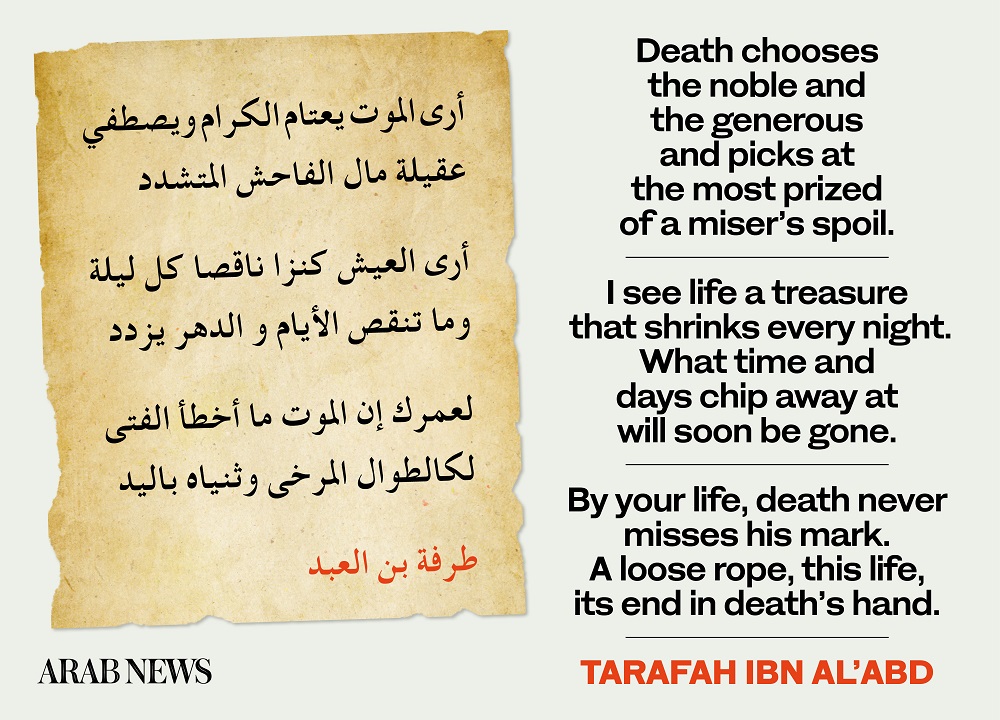
“Our book aims to present Arabic poetry anew to the new generation, regardless of any cultural and linguistic boundaries. The human lessons of these timeless texts and their artistic originality make them appealing to all those who enjoy the verbal art,” said Dr. Hatem Al-Zahrani, the project’s content and international communication supervisor and reviewer.
“Al-Mu’allaqat” was composed by accomplished authors of the pre-Islamic era, including the 6th-century warrior-poet Imru’ Al-Qays, known as the wandering king, who traveled the lands of Arabia seeking revenge for his father’s lost kingdom — and who also wrote poetry.

Al-Qays is hailed as the father of Arabic poetry because he established many of the conventions and themes that poets after him followed. He originated “ruin poetry,” where the writer begins with scenery lines describing a character stopping for a time at the remains of a campsite and remembering his beloved.
Other renowned poets include the pleasure-seeking Tarafa, the moralist Zuhayr, as well as Antara, a black knight and romantic hero; the centenarian Labid; and grief-stricken knight Amr ibn Kulthum.
After a decade spent at different academic institutions in the US, Al-Zahrani decided that there was a genuine interest among students of different generations and specializations in the creative corpus of Arabic literature, including poetry.
HIGHLIGHT
The official pdf copy of the book was made accessible to the public in January, and it is available at https://www.ithra.com/files/6516/1042/9658/compressed.pdf
He believes the need for a bilingual volume on Arabic poetry is not only necessary for general readers. It also especially needed for students majoring in Arabic and Islamic studies who are keen to learn the Arabic language in addition to enjoying its most important poetic achievements in English translations.
This new translation is the first to contain all 10 odes, as previous efforts did not include all of them. “It also presents the ten ‘suspended odes’ in a critical, fully vocalized edition, with new Arabic commentaries and introductions in the same volume with the English part. Thus, the book appears as an embodiment on paper of a civil cultural dialogue between Arabic and English, and between East and West,” Al-Zahrani said.
He highlighted that there was a growing demand for more translations of “Mu’allaqat” into other languages; one of the most recent works was a Turkish translation by Mehmet Hakkı Sucin published in 2020.
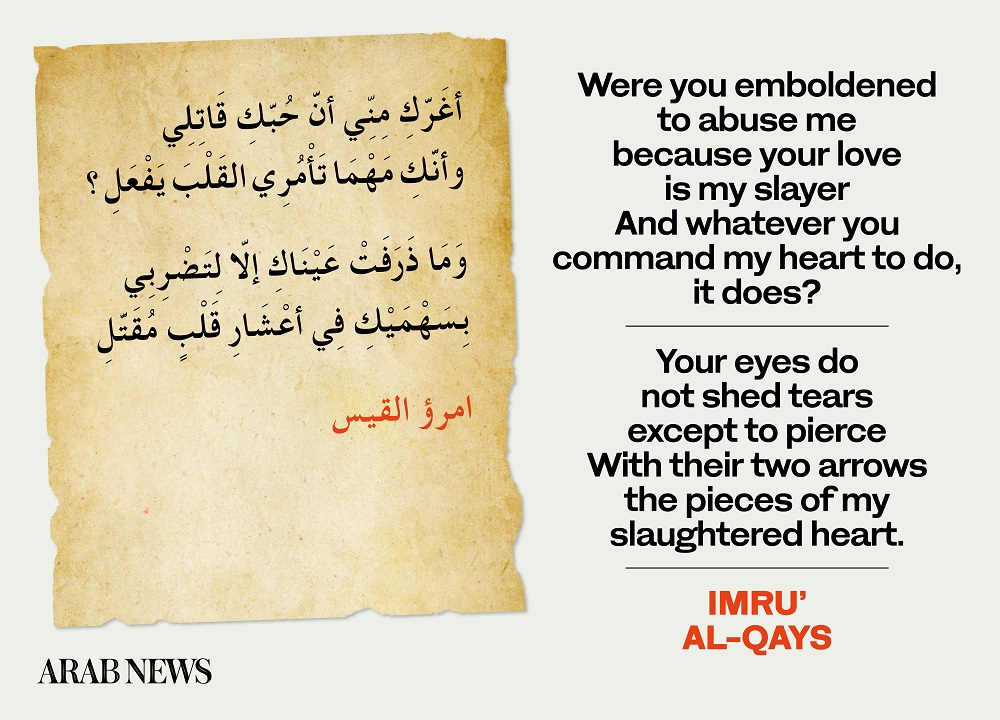
“Part of the appeal of the Mu’allaqat for non-Arabic speakers are the legends behind them, whether Imru’ Al-Qays’s quest to avenge his father’s murder, or the treaty arbitrations between Amr ibn Kulthum and Al-Harith ibn Hillizah, and so on,” said Dr. Kevin Blankinship, assistant professor of Arabic Literature, Brigham Young University, and a contributor to the project.
Blankinship continued: “Another reason the poems attract non-Arabic speakers is their distance in time and culture. This is a desert society where war and hardship are part of everyday life, to say nothing of romance, intrigue and murder. They have the dramatic tension of Greek tragedy, which is part of their appeal.”
Dr. Blankinship translated four of the ten odes, namely those of Antarah ibn Shaddad, Zuhayr, Amr ibn Kulthum, and Al-Harith ibn Hillizah. He also provided editorial feedback for other parts of the book.
“As a non-native speaker of Arabic and a specialist in classical Arabic literature, I enjoyed the chance to bring Arab cultural heritage to a wider audience of English speakers, and even to some Arabs who might not have read all of the Mu’allaqat,” he said. “The project is important because it invites continual meditation on writings whose richness outlasts any one generation, and so they must be revisited over and over.”

To make the text accessible for the general reader, Blankinship’s translation approach was to use a more relaxed language than that used to address specialists.
“I also wanted the English to appeal at the level of sound and rhythm, so I used a loose meter and rhyme scheme. I tried to draw out as much vivid detail as possible since that’s one thing that makes these poems so enjoyable,” he said.
The project comes to the defense of the Arabic literature against the orientalist stereotypical view that shows early Arabs as merely part of a desert and warfare culture, Tariq Khawaji, chief librarian at Ithra, explained to Arab News.
“Arabs are viewed as if they lack concrete thought, philosophy and vision on the universe,” said Khawaji, “Al-Mu’alaqat is proof that all these stereotypes are not true, and you can find all components of human thought, including philosophical questions about life, existence, courage, fear, emotions, it is all there.”
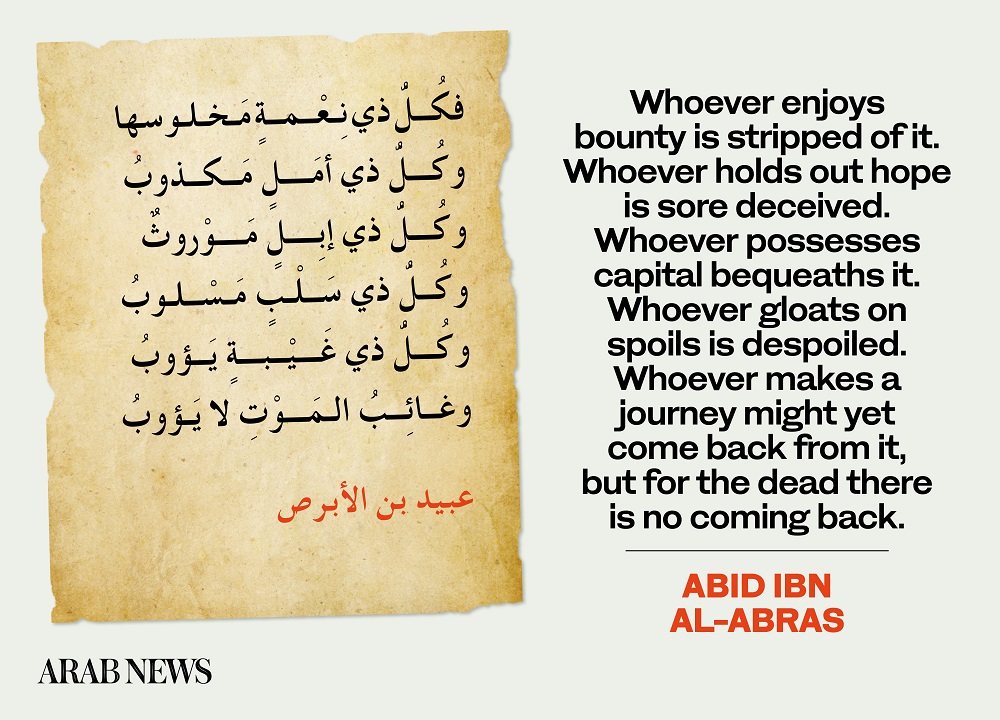
Al-Zahrani agreed with Khawaji about the necessity to defend the sophistication of Arabic culture and “counteract the prevailing stereotypical misperceptions about the Arabs and their culture, especially that of the Arabian Peninsula, in the West.”
“A more civilized dialogue between East and West requires a better mutual understanding of the cultures of both parties, and we in the Mu’allaqat team hope this project will contribute to that effort,” Al-Zahrani said.
“This project comes within a wider initiative by Ithra to enrich the Arabic visual, musical and written content in various fields,” Khawaji said.
He added that more projects to promote Arabic literature are currently in the works. The official pdf copy of the book was made accessible to the public in January, and it is available at https://www.ithra.com/files/6516/1042/9658/compressed.pdf




